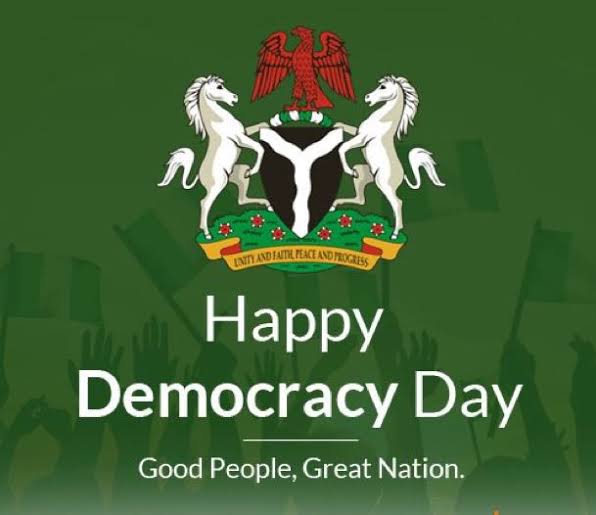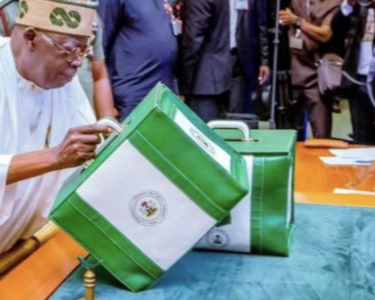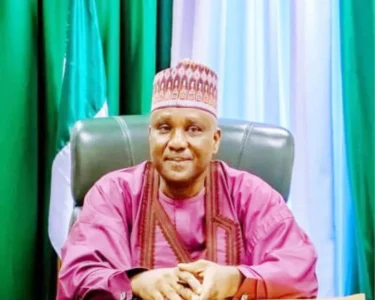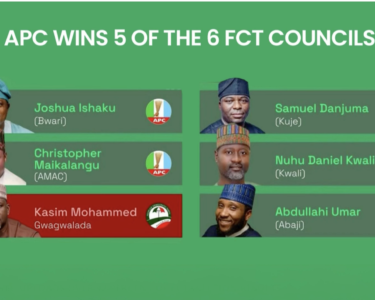As Nigeria marks June 12 Democracy Daytoday, the mood across the nation is mixed: pride in the country’s democratic journey, frustration over dashed hopes, and growing anxiety about the present and future of the Nigerian state.
What began as a day to honor the June 12, 1993, presidential election widely regarded as the freest and fairest in Nigerian history has evolved into a national symbol of resistance, resilience, and reflection. But more than three decades later, many Nigerians are asking: What has democracy delivered?
A History of Struggles, A Future Still in Question
The late Chief Moshood Kashimawo Abiola (MKO), the presumed winner of the annulled 1993 election, became a martyr for democracy after his arrest and eventual death in custody. For years, pro-democracy activists rallied around his name, calling for recognition of the injustice.
It wasn’t until 2018 that former President Muhammadu Buhari officially declared June 12 as Nigeria’s Democracy Day. For many, it was a long-awaited acknowledgment. But others argue that while Buhari honored the past, he failed to secure Nigeria’s democratic future.
“Buhari carried an aura of fear,” said one political insider. “He had the presence to push reforms, to restore discipline, but he stayed silent too long. By the time he woke up, it was too late.”
EndSARS: The New Generation’s June 12.
On October 20, 2020, Nigeria witnessed what many describe as a modern echo of the June 12 tragedy the Lekki Toll Gate shooting, where peaceful protesters under the #EndSARS movement were reportedly fired upon by security forces.
The movement, which began as a campaign against police brutality, quickly evolved into a nationwide demand for better governance, accountability, and youth inclusion in politics. Many saw it as the voice of a frustrated generation a generation that had grown up hearing about June 12 but now lived its own version of betrayal.
Government response was slow, evasive, and in some cases, repressive. Investigative panels were formed, but accountability remains elusive.
Tinubu’s Government and the “Renewed Hope” Nigerians Are Still Waiting For.
Today, President Bola Ahmed Tinubu, a key figure in the June 12 struggle and former ally of MKO Abiola, presides over a nation still looking for clarity on his administration’s “Renewed Hope” agenda.
More than a year into his presidency, Nigerians face rising inflation, insecurity, low purchasing power, and a press that continues to operate under increasing pressure.
“There’s a lot of talk, but not enough relief,” said Maryam Ibrahim, a teacher in Kaduna. “What is this ‘Renewed Hope’ when we can’t afford food, rent, or electricity?”
Worse still, critics warn of a growing clampdown on press freedom, a fundamental pillar of any democracy. Investigative journalists face harassment, media houses tiptoe around government criticism, and whistleblowers are discouraged.
“If democracy cannot guarantee truth, freedom, and accountability, then what kind of democracy are we celebrating?” a university student in Lagos asked during a commemorative panel discussion today.
Calls for Accountability and Reform.
As civil society groups hold events across the country to mark June 12, the dominant message is one of cautious reflection and urgent demand.
“We are not just celebrating a date; we are remembering a promise,” said Yemi Adekoya, a rights advocate in Abuja. “That promise has not been kept. Nigeria needs leaders who serve, not just rule. We need institutions that protect, not oppress.”
Public discourse today was filled with rhetorical questions that reflect growing disillusionment:
How long will we keep clapping for promises instead of results?
Is democracy about votes, or about value for those votes
If the press is not free, who speaks for the people?
Conclusion: A Day of Hope, A Time for Truth
As the sun sets on this year’s Democracy Day, many Nigerians remain hopeful not necessarily because of what they see today, but because of what June 12 continues to represent: the possibility of a just, inclusive, and free Nigeria.
Yet hope alone cannot move a nation forward. Nigeria stands at a crossroads again. It must choose between repeating the silence of the past or building the courage to act now, with truth, equity, and accountability as guiding lights.
June 12 is not just a date in history it is a mirror. And for 2025, that mirror reflects both our progress and our deepest national regrets.




